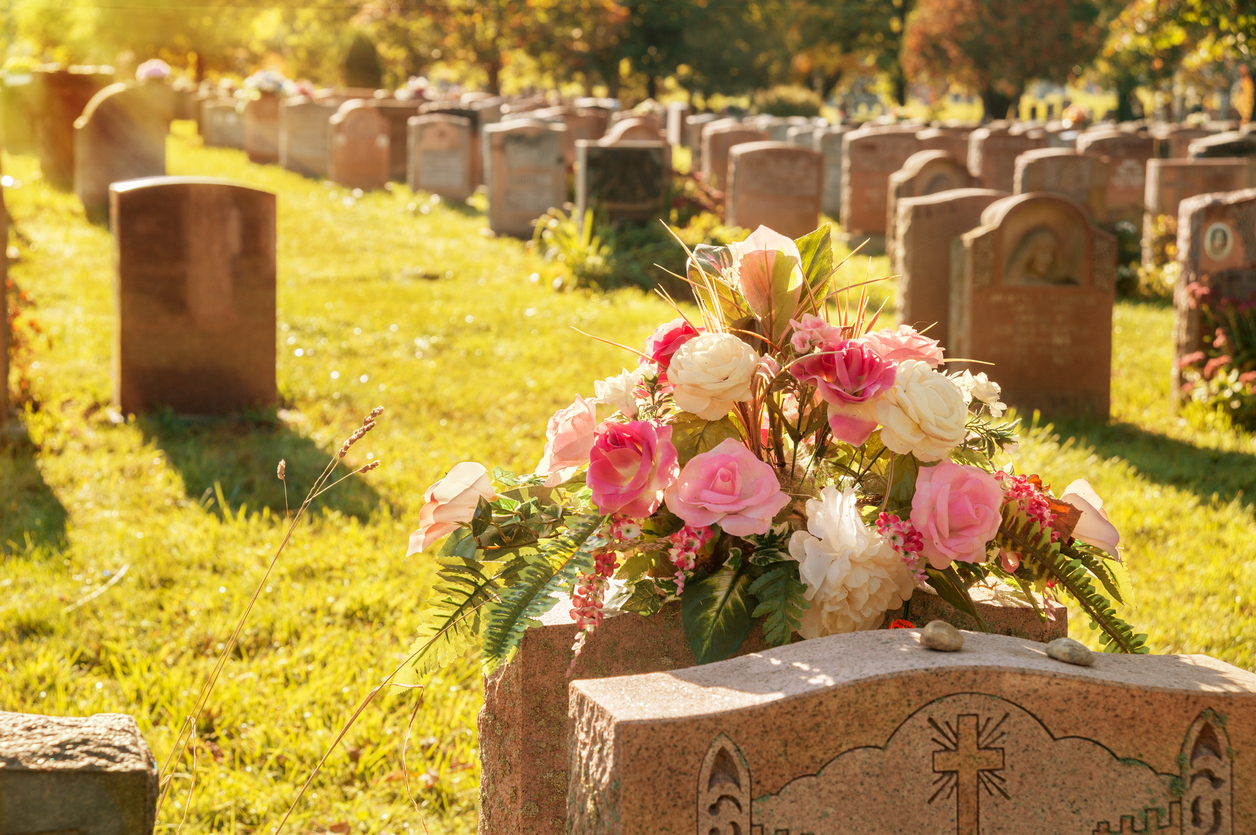This column is the continuation of the exploration of my grief resulting from the deaths of my two children, John and Carol. John, the youngest of three, at age seven was enrolled in the first grade in a Chicago public school. What he lacked in an interest in academics he made up with the moxie necessary to survive this very difficult situation. Looking back, it is safe to assume he had inherited a form of dyslexia from his father, and a will to persist from his mother. He was clever enough to keep just ahead of whatever was chasing him. Had it been a few years later he would probably have been given Ritalin or something else designed to temper his hyperactivity. But then we were destined to live with and enjoy his energy.
Sometime thereafter the children’s mother and I ended our marriage. John was caught in the middle. But there was another place where his moxie paid off. He secured his own attorney ad litem, and in the final decree, custody was granted to me. Even so, his love for and commitment to his mother never wavered. My having custody largely rested on the fact that among my other activities I was a consultant to a school whose facility was a three-masted schooner. My salary consisted of a berth for John on the Oceanics, and he spent a year sailing the high seas.
His final high school year was me with me first in Evanston, Illinois, and then in St. Joseph, Missouri, where after a couple of years running a small educational agency in Chicago, I was now back in a pastorate. John now had salt water in his veins, and he enrolled in a training academy for merchant seamen. Upon graduation, he became an officer on a ship carrying liquid natural gas between the Persian Gulf and the South Pacific. It was a marvelous life for which he was both happy and well suited. Occasionally he would bounce back into town with sea stories and interesting gifts for each of us. He was so bouncy the other kids called him “Tigger.” On one of the breaks, at age twenty-five, he was killed in the crash of a light plane. Had it not been for Wendy, I don’t know how I could have gotten through the immediate grief.
Carol, the eldest child, was the most self-determined person of the three — Her days were surrounded by fiercely-held personal decisions. When we moved from Alexandria to Chicago in 1967, the critical issue centered on her education. This sheltered little girl found herself at Kenwood High School, in the heart of Chicago’s crime- and gang-driven south side.
How she survived two years in that school remains a mystery. Somehow as soon as she could, Carol determined to take back her education. As a result, at 15 she discovered Chicago’s “school without walls.” Instead of a dedicated building, the city of Chicago and its cultural opportunities defined the scope of that institution, but in less than a year she’d had enough of Chicago, and moved to Florida — and then to Boston. Realizing the need to continue her education. Without graduating from high school, without her father’s involvement, and without funds, she decided to attend Wheaton College, an exclusive women’s institution in Norton, Mass. Not only was she enrolled, having appealed directly to the college’s president, but in her junior year was elected to Phi Beta Kappa, and graduated the next spring summa cum laude.
The following year she began medical school in New York City, specializing in psychiatry. She interned at Louisiana State University and led a practice in New Orleans until lung cancer snuffed out her life last year
A decade ago I produced for the family, an autobiographical sketch I called "Lucky Duck". While it was full of interesting facts about my almost nine decades, Wendy, my partner and wife, in her wisdom reminded me that while in its pages there were interesting details, there was little heart, passion, grief, evidence of an inner struggle or a confrontation with of “the dark night of the soul.” That part of my life has been hard for me to face. But now the deaths of John and Carol have provided a way for me to confront what I have tried to wall out. Next week I’ll take a closer look at my grief.









